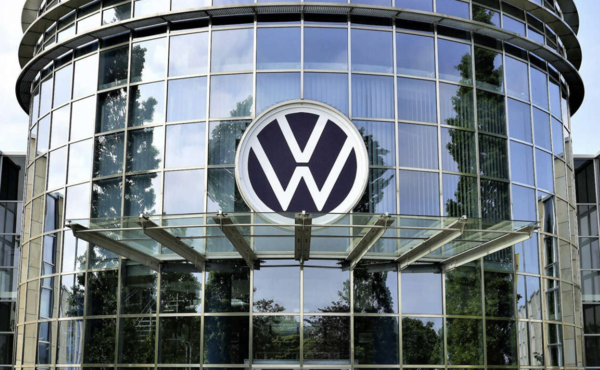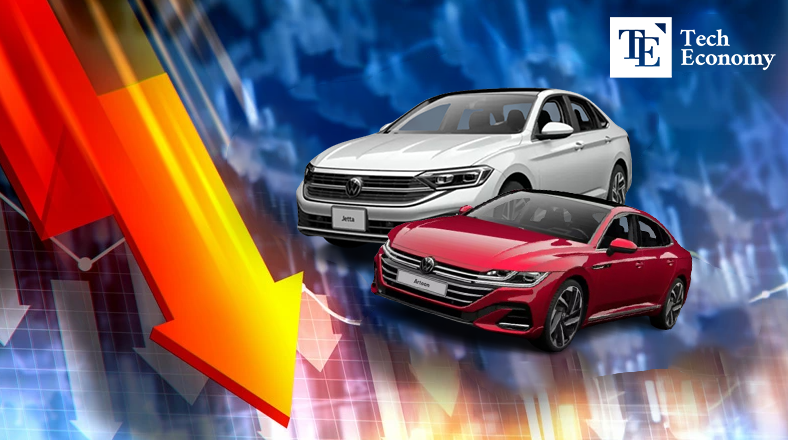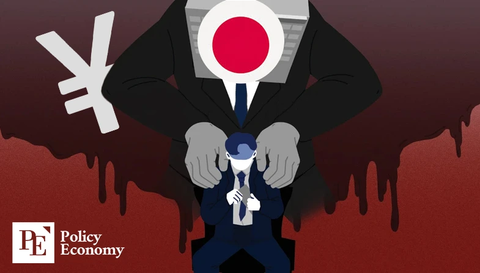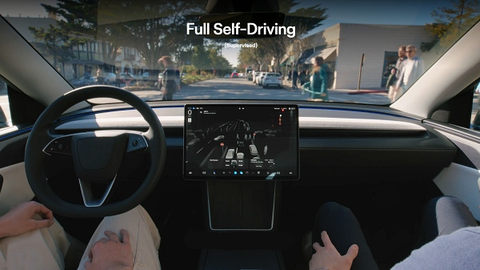Volkswagen “Bets USD 67.9 Billion on Internal Combustion Engines” — Revealing Its Lack of EV Capability
Input
Changed
"Temporary Pause in EV Transition" Declared Triple Pressure from Chinese Imports, etc. Prompts Strategic Shift Lack of In-House Capabilities in Technology, Batteries, and Software

Volkswagen, the world’s largest automobile group, has effectively abandoned its electric vehicle (EV) transition strategy by investing USD 67.9 billion into the development of internal combustion engine (ICE) vehicles. Amidst triple pressures—rising energy costs, reduced subsidies, and an onslaught of Chinese EVs—the German automotive industry is grappling with growing difficulties. For Volkswagen, which has failed to internalize key technologies such as batteries and software, a strategic pivot appears inevitable. This move is not merely a pause in the pace of transition, but rather a signal revealing the structural limitations of the auto industry’s overall capabilities.
Revamping Next-Generation Internal Combustion Models for Core Brands
On the 26th of May (local time), according to foreign media, Volkswagen Group CFO Arno Antlitz attended the “Future of the Car” summit hosted by the Financial Times in the UK and stated, “The future may point to electric vehicles, but the past isn’t over yet.” He revealed that Volkswagen Group will invest at least USD 67.9 billion to continue manufacturing internal combustion engine (ICE) vehicles. According to Antlitz, most of Volkswagen’s key brands—such as Audi and Skoda—are already preparing next-generation ICE versions of existing models, with some projects nearing the final stages of development.
Industry observers note that this trend was widely anticipated. As early as late 2023, Volkswagen had already scaled back its EV launch plans and begun restructuring its business to focus on hybrid and premium ICE models. At the time, there was growing criticism that Volkswagen’s EV transition was progressing too rapidly. With mounting sales slumps and technology delays, the company faced increasing pressure to overhaul its strategy.
With the announcement of this new investment, Volkswagen signaled a robust push to develop next-generation ICE vehicles, applying high-efficiency, low-carbon engines and powertrains compatible with eco-friendly fuels. The company aims to roll out models that can adapt to evolving EU CO₂ emissions regulations.
This move marks an effort to reframe the role of combustion engines, moving beyond the binary thinking of “ICE equals phase-out.” Instead, it reflects a survival strategy in response to intensified competition in the European automotive market. Volkswagen appears to be refocusing on technologies that can generate profits now, rather than relying solely on the longer-term EV transition.

Chinese EVs Erode Market Share; European Carmakers Urgently Seek Profitability
This challenge is not unique to Volkswagen. The entire German automobile industry has been hit hard by a triple blow: soaring energy prices in Europe, reduced government subsidies for EVs, and the rapid expansion of low-cost Chinese EV manufacturers. In particular, the Russia-Ukraine war has caused industrial electricity prices to skyrocket across Europe, significantly increasing the production costs of EVs. This has severely undermined the price competitiveness of Germany’s premium car-centric auto industry.
Adding to this burden, European governments have been scaling back or terminating EV subsidies, weakening consumer incentives to purchase eco-friendly vehicles. Germany, too, drastically reduced its EV subsidies at the end of 2023, making EVs significantly less accessible to middle- and lower-income consumers. As demand shrank and inventory pressures mounted, automakers had little choice but to revert to ICE-centered strategies to restore profitability.
The most powerful disruptive force, however, has been China. Chinese EV brands such as BYD, XPeng, and Geely have rapidly penetrated the European market by leveraging their superior price competitiveness. German automakers now face unprecedented levels of competitive pressure, as even German consumers are beginning to favor cheaper, faster-to-market Chinese electric vehicles. This trend is spreading to neighboring countries such as France and Italy. The uncomfortable truth now being laid bare is that German carmakers no longer lead the global automotive market.
EV Transition: A Matter of Capability, Not Willpower
Industry analysts suggest that Germany’s struggle with the EV transition reflects not just a strategic recalibration but a fundamental structural retreat caused by a lack of capability. While manufacturers outwardly cite changing market conditions and shrinking policy support, the real underlying issue lies in their failure to internalize core technologies and infrastructure needed for the transition.
A prime example is the battery sector. German-developed battery cells lag significantly behind global competitors in terms of energy density, efficiency, and price competitiveness. This technological gap has significantly weakened Germany’s ability to compete in the EV space.
Germany’s glaring software deficiencies have also been a major roadblock. EVs require highly sophisticated software architecture and vehicle control systems—far more complex than those in ICE vehicles. However, German automakers remain deeply entrenched in mechanical engineering–oriented production cultures. For example, Volkswagen’s in-house electronic software development projects have repeatedly failed, causing multiple delays in vehicle launches. The company has had to partner with U.S. EV startup Rivian to compensate for its software shortcomings. This underscores that the transformation into a "mobility company" requires more than a public pledge.
A lack of charging infrastructure has further exposed the limitations of the EV transition. With insufficient physical infrastructure to support widespread EV use, pushing ahead with electrification carries substantial risks. The industry consensus in Germany is that the EV shift is not yet viable, especially for commercial vehicles and long-range highway models. As many observers note, Volkswagen’s return to ICE strategy stems not from a lack of willingness, but from a lack of ability.





















